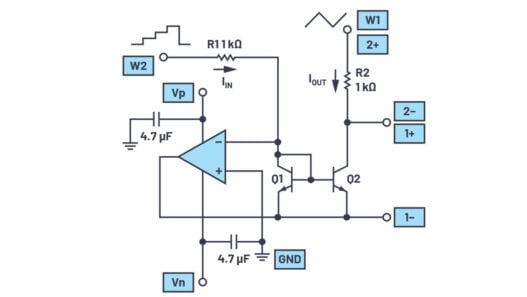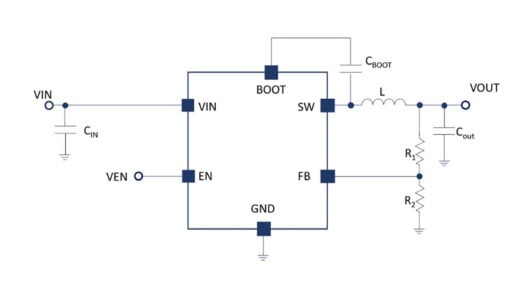For 50 years, interplanetary probes have returned thousands of images of the surface of Mars, but this is the first sound.
The sounds were obtained using a microphone dedicated to the exploration of Mars. Paul Sabatier, an academic at the University of Toulouse III led the international team, including scientists from the CNRS and ISAE-SUPAERO, to carry out an analysis of these sounds.
Perseverance first recorded sounds from the Red Planet on 19th February 2021, 18 hours after its arrival. These sounds are between 20Hz and 20KHz, within the human audible spectrum. The sounds reveal that the Red Planet is quiet, and other than wind, natural sound sources are few and far between.
Scientists also focused on the sounds generated by the rover, including the shock waves produced by the impact of the SuperCam laser on rocks, and flights by the Ingenuity helicopter. Studying the propagation of these sounds on Mars allows scientists to characterise the acoustic properties of the Martian atmosphere.
At 240m/s on Mars, compared to 340m/s on our planet, the speed of sound is lower on Mars than on Earth. Researchers also discovered that there are two speeds of sound on Mars, one for high-pitched sounds and one for low frequencies. Sound attenuation is greater on Mars than on Earth, especially for high frequencies which are attenuated quickly. These factors would make it difficult for two people to have a conversation, even if they were standing only five metres apart. This is because of the composition of the Martian atmosphere and the low atmospheric surface pressure.
A total of five hours of recordings of the acoustic environment have been obtained a year after the mission began. Analysis of these sounds have made the sound generated by the turbulence of the Martian atmosphere perceptible. Studying this turbulence will enhance knowledge of the interaction of the atmosphere with the surface of Mars.
Going forward, utilising other robots equipped with microphones could help to increasing understanding of planetary atmospheres.
Listen to the sound here.







